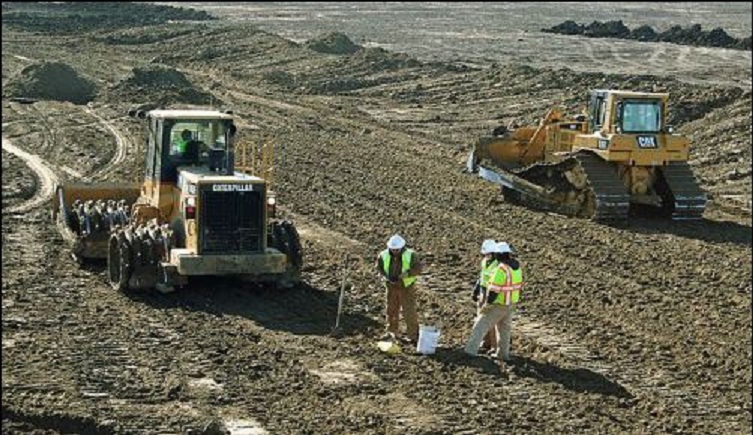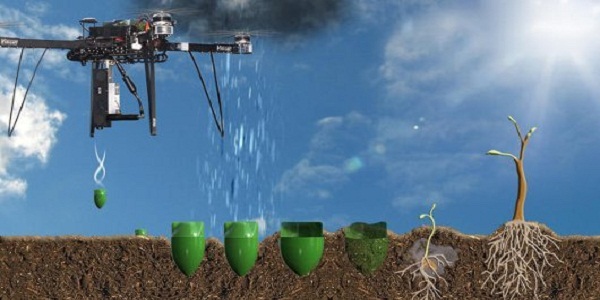In an almost regular way difficult to define, Ecological Engineering is confused with environmental engineering or environmental management, among other disciplines undoubtedly related to it, but different in terms of objectives and fundamental principles. In this article we will try to clarify the concept and fundamental principles of ecological engineering that undoubtedly focus it as an interface between scientific ecology and fundamental engineering.
Definition of ecological engineering
The ecological engineering, presents in a consensual way the operational pairing between the knowledge of the engineer with the scientific knowledge of the ecologist, from an optics of the respect of the nature and of the ecosystems. Ecological engineering is not a purely operational discipline, it is today at the center of disciplines such as quantitative ecology and certainly within the foundations of landscape ecology; two of the branches of fundamental ecology deeper and more vigorous in terms of bases and theoretical notions. Ecological engineering is a discipline that has at the same time technical, scientific and operational means for the creation of sustainable ecosystems, in which the conciliation and harmony between human societies and biodiversity are maintained in a dynamic equilibrium.
Ecological engineering, defined as the design of sustainable ecosystems that integrate human society with its natural environment for the benefit of both, has been developed over the last 30 years and rapidly over the past 10 years. Its objectives include the conservation of natural ecosystems, the restoration of ecosystems that have been substantially disturbed by human activities and the development of new sustainable ecosystems that have both human and ecological values through ecological planning and the compensation of damages and impacts of the projects.
Other definitions, for example that of Mitsch, (1996), considers that ecological engineering proposes the conception of “sustainable ecosystems” for the benefit of human societies and of the ecosystems themselves. On the other hand Bergen et al., (2001), considers that “the emergence of ecological engineering is a response to the growing need that engineering practices provide for human welfare and simultaneously to protect the nature from which environmental goods and services are obtained. to summarize we can say that engineering involves ecological intervention (operation), in situ or ex situ and sometimes under controlled or semi-controlled conditions, of populations, communities and ecosystems with the aim of modifying one or several biotic or physical-chemical dynamics of the environment, in a manner favorable to society, but at the same time compatible with the maintenance of equilibria ecological and adaptive potential of the ecosystem itself.
Field of application of ecological engineering
For a discipline to be qualified as “Engineering”, it must be positioned within a perspective of solving specific problems under certain technical, technological or methodological limits, and in follow-up of the different stages of diagnosis, conception, start-up and tracing. Therefore, the fields of application of the ecological engineering are as wide as the own notions of project and ecosystem. However, although the field of application of ecological engineering is very broad, it should not be forgotten that its objectives are focused on the diagnosis, design, execution and monitoring of techniques and methods to reduce impacts on ecosystems, as well as of conservation, restoration of the latter.
Tags: Ecological Engineering





Leave a Reply